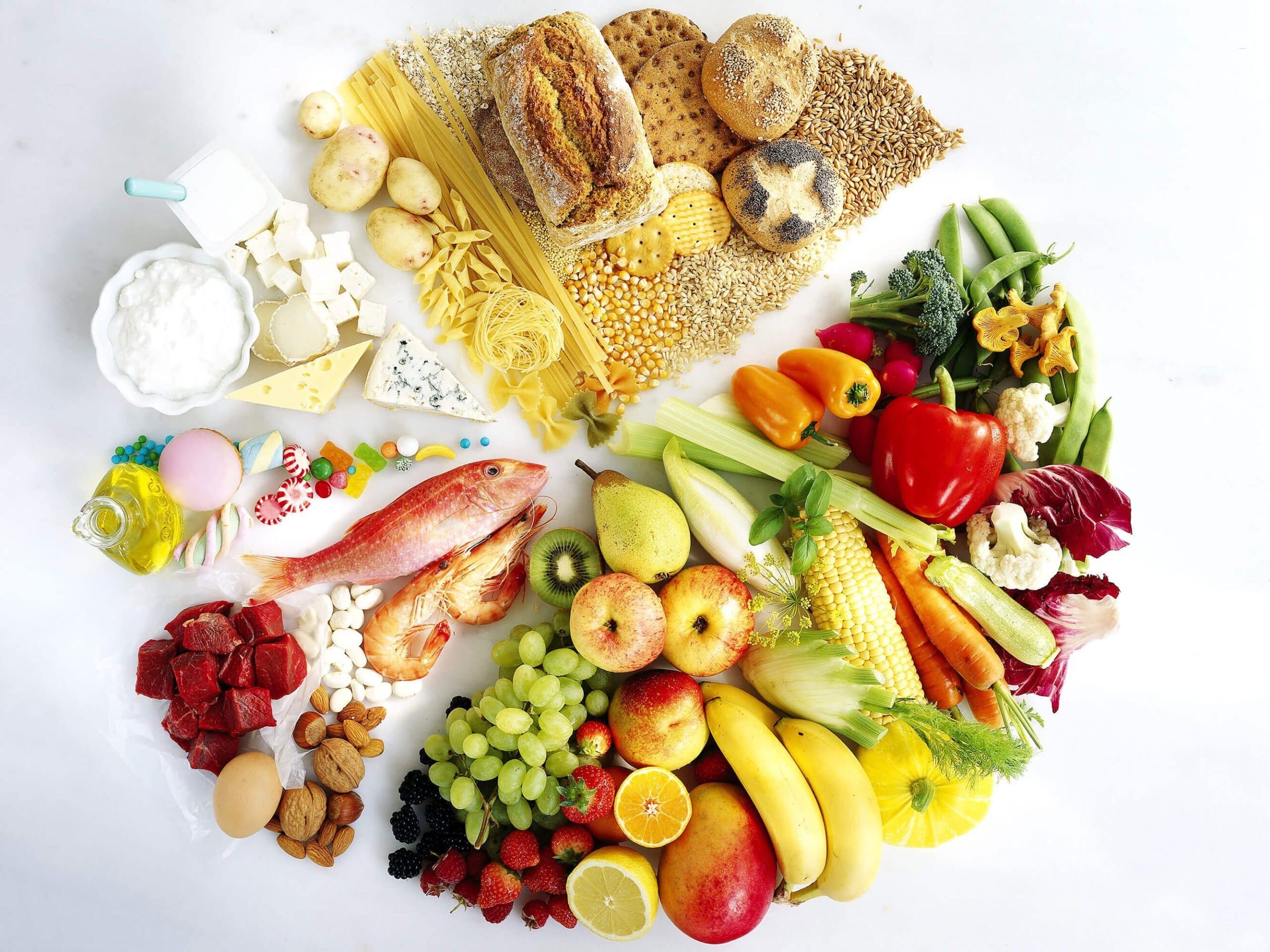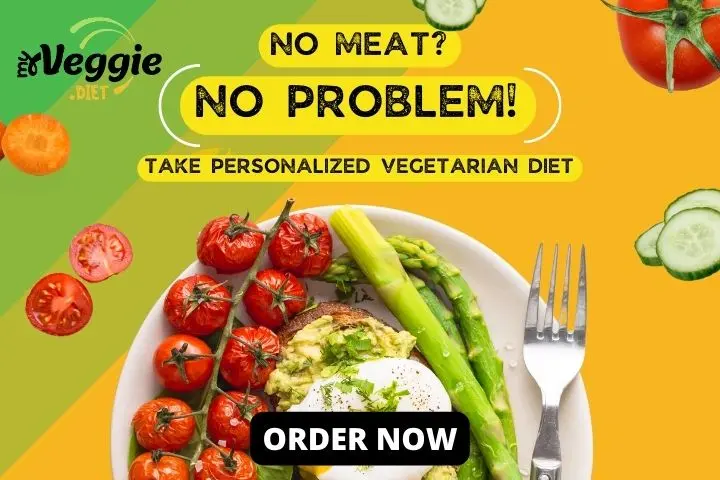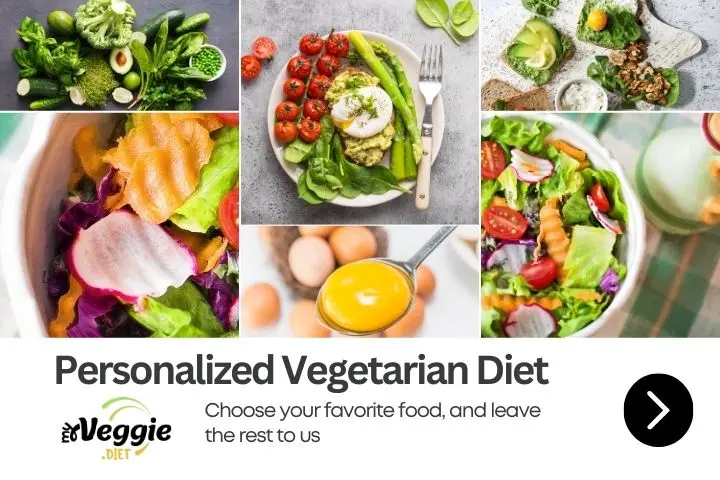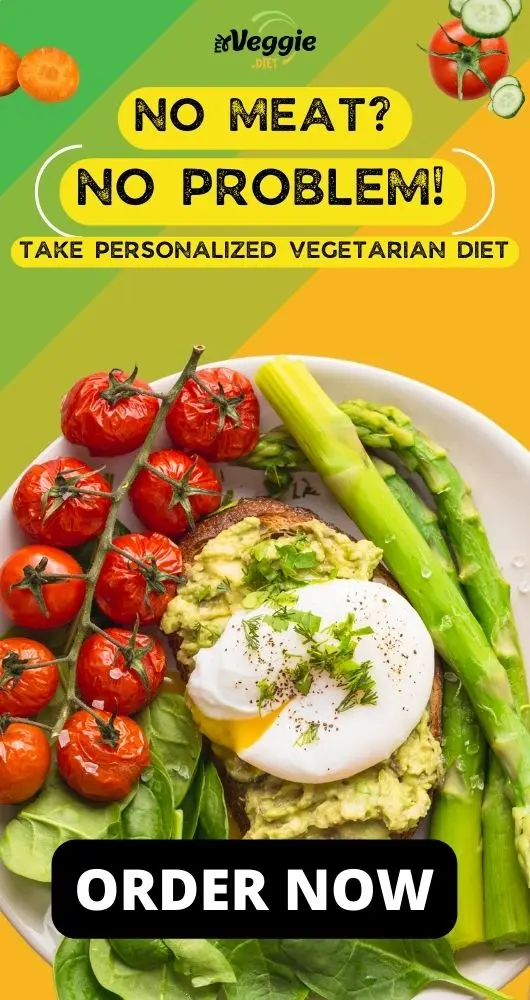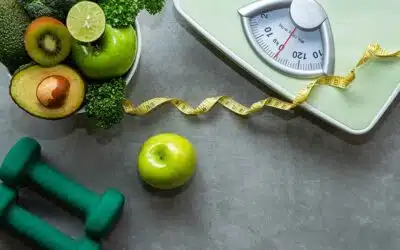Adopting a vegetarian lifestyle is a commendable step towards a healthier life. However, the key to a successful vegetarian diet lies not just in eliminating meat but in understanding and embracing the concept of nutrient density. Nutrient-dense foods are those that provide a high amount of vitamins, minerals, and other beneficial compounds relative to their calorie count. This approach is crucial for vegetarians, as it ensures that every bite counts towards fulfilling the body’s nutritional needs. In this guide, we delve into the world of nutrient density, exploring how vegetarians can optimize their diets for the best nutritional outcomes. From identifying the most nutrient-packed foods to addressing common dietary gaps, this article will provide you with the ultimate roadmap to a nutritionally rich vegetarian lifestyle.
Understanding Macronutrients and Micronutrients
A well-rounded vegetarian diet requires an understanding of both macronutrients and micronutrients:
- Macronutrients:
- Proteins: Essential for growth and repair. Plant-based sources include lentils, beans, tofu, and tempeh.
- Carbohydrates: Provide energy. Focus on complex carbs like whole grains, fruits, and vegetables.
- Fats: Necessary for hormone production and nutrient absorption. Healthy sources are avocados, nuts, and seeds.
- Micronutrients:
- Vitamins: Such as Vitamin A (carrots, spinach), Vitamin C (citrus fruits, bell peppers), and Vitamin B12 (fortified foods or supplements).
- Minerals: Including iron (leafy greens, legumes), calcium (fortified plant milks, tofu), and zinc (nuts, seeds).
A balanced vegetarian diet should include a variety of these macronutrients and micronutrients to ensure comprehensive nutrition. It’s not just about meeting daily calorie needs but about packing the most nutrients into those calories.
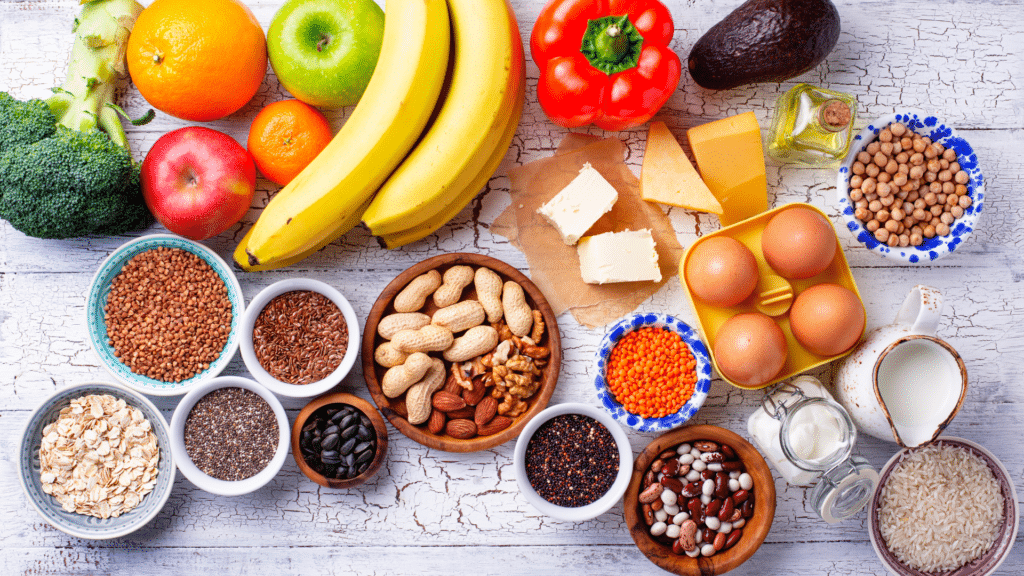
Top Nutrient-Dense Foods for Vegetarians
In a vegetarian diet, choosing foods with the highest nutrient density ensures that you’re getting the most vitamins, minerals, and other beneficial compounds per calorie consumed. Here are some top nutrient-dense foods that vegetarians should consider incorporating into their diets:
Leafy Greens: Foods like kale and spinach are low in calories but high in vitamins A, C, E, K, and several B vitamins. They also offer minerals like iron and calcium.
Quinoa: A complete protein containing all nine essential amino acids, quinoa is also rich in fiber, vitamins, and minerals.
Nuts and Seeds: Almonds, chia seeds, and flaxseeds are great sources of healthy fats, protein, fiber, and various essential nutrients.
Legumes: Lentils and other legumes are excellent protein sources and are rich in fiber, iron, and other minerals.
Berries: Packed with antioxidants, vitamins, and fiber, berries like blueberries and strawberries offer immense health benefits.
Whole Grains: Foods like brown rice and whole wheat provide complex carbohydrates, fiber, and a range of B vitamins.
Fortified Foods: Some nutrients may be harder to get from a vegetarian diet, so fortified foods can help fill those gaps (e.g., Vitamin B12 in fortified plant milks).
Incorporating a variety of these nutrient-dense foods into your meals can help ensure a balanced and nourishing vegetarian diet.
Balancing Your Vegetarian Diet for Maximum Nutrient Intake
Creating a balanced vegetarian diet is essential for maximum nutrient intake. Here’s how you can ensure your meals are well-rounded:
Protein: Include a variety of plant-based proteins like lentils, tofu, tempeh, and chickpeas. These are crucial for muscle repair and growth.
Carbohydrates: Opt for whole grains like quinoa, brown rice, and whole wheat pasta. These provide sustained energy and are rich in fiber.
Healthy Fats: Incorporate sources of good fats such as avocados, nuts, and seeds, which are vital for hormone health and nutrient absorption.
Fruits and Vegetables: Aim for a colorful array of fruits and vegetables. Each color provides different essential nutrients and antioxidants.
Dairy Alternatives: If you include dairy alternatives, choose fortified options to ensure adequate intake of calcium and Vitamin D.
Meal Proportions: Balance your plate with a good mix of these food groups. Roughly half of your plate should be fruits and vegetables, one-quarter protein, and one-quarter of carbohydrates, with some healthy fats.
By following these guidelines, you can create meals that not only satisfy your taste buds but also provide the nutritional benefits needed for a healthy body.
Addressing Common Nutritional Deficiencies
While a vegetarian diet is rich in certain nutrients, it may lack others commonly found in animal products. Here’s how to address these potential deficiencies:
Vitamin B12: Since it’s mainly found in animal products, vegetarians should consider fortified cereals or B12 supplements.
Iron: Although leafy greens, legumes, and whole grains contain iron, it’s less easily absorbed than the iron in meat. Consuming vitamin C-rich foods can enhance absorption.
Omega-3 Fatty Acids: Flaxseeds, chia seeds, and walnuts are excellent plant-based sources of omega-3s.
Calcium: If you don’t consume dairy, opt for fortified plant milks and juices, tofu, and leafy greens like kale and bok choy.
Zinc: This can be found in legumes, whole grains, nuts, and seeds.
Protein: A variety of plant-based proteins (lentils, beans, tofu) should be included regularly.
By being mindful of these nutrients and including their plant-based sources or supplements in your diet, you can maintain a nutritionally complete vegetarian lifestyle.
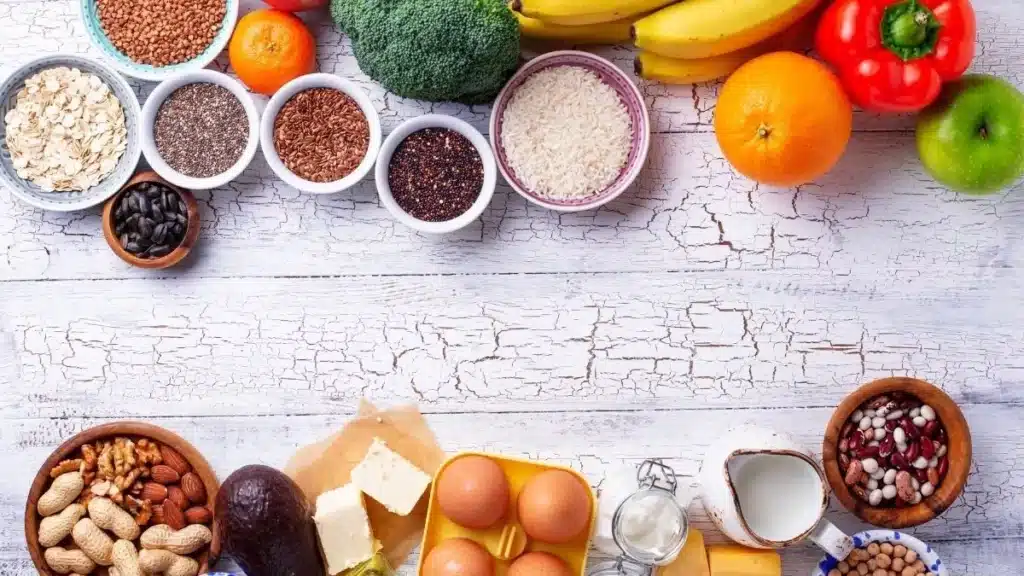
Practical Tips for Incorporating Nutrient-Dense Foods into Everyday Meals
Enhancing the nutritional value of your vegetarian diet can be easy and delicious with a few practical tips:
Add Seeds and Nuts to Salads: Sprinkle salads with flaxseeds, chia seeds, or chopped nuts to add crunch and nutrients.
Incorporate Legumes in Soups and Stews: Lentils, beans, and chickpeas can make soups and stews more filling and protein-rich.
Choose Whole Grains Over Refined: Opt for whole grain bread, brown rice, and whole wheat pasta instead of their refined counterparts.
Snack on Fruits and Vegetables: Keep fresh or dried fruits and raw veggies handy for a quick, healthy snack.
Smoothies with Leafy Greens: Blend leafy greens like spinach or kale into fruit smoothies for an extra nutrient boost.
Plan Your Meals: Planning helps ensure you include a variety of nutrient-dense foods throughout the week.
By incorporating these tips into your daily routine, you can ensure your vegetarian diet is both nutritious and enjoyable.
The Vegetarian Diet is a plant-based eating pattern that excludes meat, poultry, and seafood. This dietary choice can offer a wide range of health benefits, such as a lower risk of heart disease, improved weight management, and reduced environmental impact.
Conclusion
Embracing a nutrient-dense vegetarian diet is a rewarding journey towards health and wellness. By understanding the essentials of nutrient density and incorporating a variety of whole, plant-based foods into your meals, you can enjoy a diet that is not only rich in essential nutrients but also diverse and delicious. Remember, the key to a successful vegetarian diet lies in balance and variety. With the practical tips and knowledge shared in this guide, you are well-equipped to make informed choices about your food, ensuring that every meal contributes to your overall health and vitality. Whether you are a seasoned vegetarian or just starting out, this guide serves as a roadmap to a nourishing and satisfying eating lifestyle, powered by the goodness of nature’s bounty.

